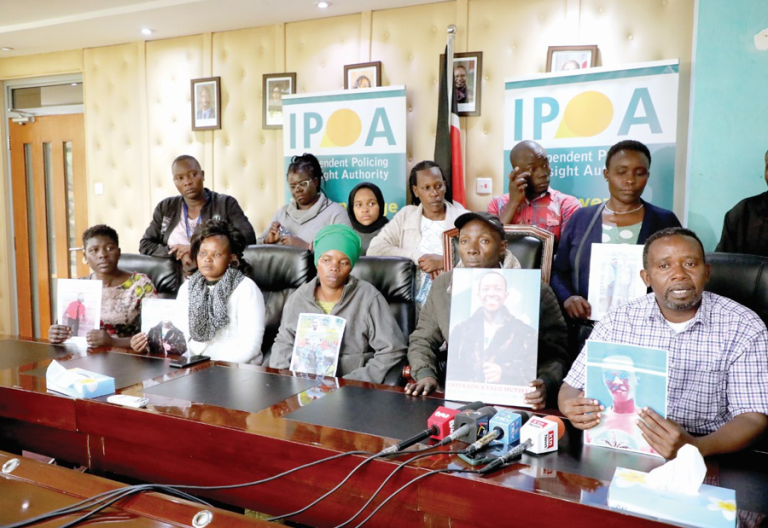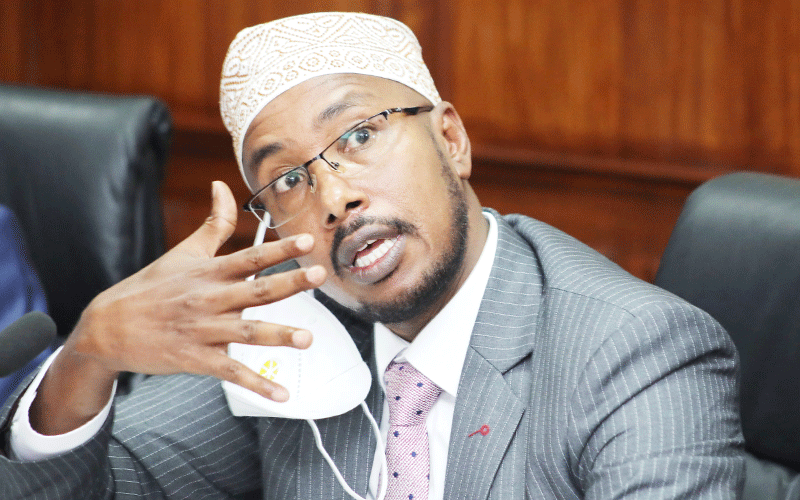IEBC says referendum to cost taxpayer Sh14b
By Mercy Mwai, October 29, 2020The country’s electoral body yesterday said it will cost taxpayers at least Sh14 billion to conduct a referendum.
Appearing before National Assembly Public Accounts Committee (PAC) headed by Opiyo Wandayi, the Independent Electoral and Boundaries Commission (IEBC) said the costing was based on the estimates done on the 19.6 million Kenyans who are listed as voters for the 2017 General Elections.
“We have our estimated budget. But the number of voters keeps on increasing because of the continuous voter registration exercise,” said IEBC acting chief executive Marjan Hussein Marijan.
“This estimate we have given is based on the 19.6 million registered voters and this number could go up because of the continuous listing of new voters,” he added.
Marjan, who appeared before PAC to answer to audit queries for the financial year 2018/19, told MPs that the commission had already started preparing for both the referendum and the 2022 General Elections through various electoral activities.
While responding to Wandayi after he demanded to know the state of the commission’s preparedness for the referendum, Marjan, however, said the cost of the referendum would go up once they enlist more voters.
He said IEBC could only be able to optimise on cost by trying to reduce the number of security features in a ballot paper.
Continous registration
“Because the number of registered voters will always increase due to continuous registration of voters we expect the election costs to also increase. There will always be incremental increase in election cost,” he said.
But Garissa Township MP Aden Duale demanded IEBC comes clear on the exact amount of money they plan to spend on the plebiscite to avoid wastage.
“That is your estimation as the acting CEO, right? Remember you are on record,” said Duale.
But in response, Marijan explained that the total number of registered voters determines the number of polling stations.
He said the commission’s estimation is borrowed from the Medium Term Expenditure Framework (MTEF) for the 2022 election that has been submitted to the National Treasury.
The Elections Act provides that a polling station should not exceed 700 registered voters per polling station.
More Articles

